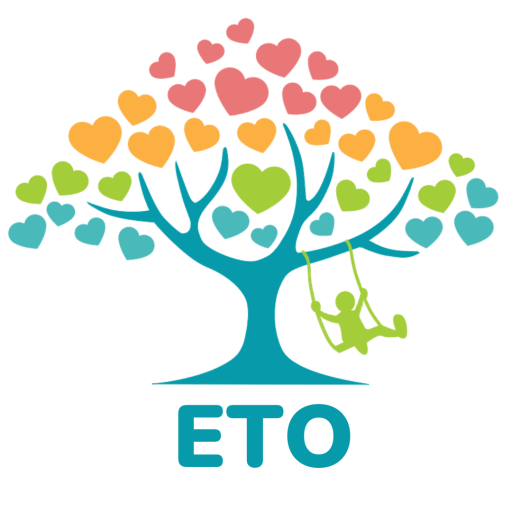Social skills are vital to many areas of healthy growth. Such as language, problem solving and other life skills. Being socially competent allows kids to explore and grow in their surroundings. Read on to learn how play can help with your child's social problems.
Weaknesses in this area can poorly affect a child and lead to lifelong problems. Thus it is key to spot and address these problems early on. Without doubt, a great way to do this is how play can help with social problems. These Problems can be due to many reasons, such as:
- Setting constraints. For example, lack of chance for exchange stunts ability to learn social skills.
- Mental health disorders. For example, children with the ability to grow social skills but are anxious
- Learning disability or neurodiverse disorders. For example, may not grasp the display of feelings.
Neurodiverse disorders affecting social skills
Autism Spectrum Disorder, ADHD, and Non-Verbal Learning Disorder all include difficulties with social, behavioural and/or communication skills. For example:
- Kids with ADHD may have trouble being social due to problems with impulse control. Consequently, this leads to frequent interruptions, trouble taking turns and lots of moving around.
- Kids with NVLD tend to struggle to make sense of non-spoken communication. Additionally, they can miss social cues, tones of voice, and body language.
- A lack of innate social skill is seen as the hallmark of ASD, which we discuss in detail below.
Autism Spectrum Disorder (ASD)
According to researchers, many people with ASD notice differences in their social skills to others, often in the form of:
- Trying to talk to people and saying the wrong thing
- People finding them rude or inappropriate
- Not knowing when to join in with groups
- Not understanding what people’s facial expressions are conveying
- Struggling to make sense of idiom or phrases
- Failing to grow age-appropriate peer relationships
Support for Social Difficulties
Building positive peer relationships may be the most complex challenge for kids with social problems. This is because they often have fewer friends and spend less time exchanging with peers. This can persist into adulthood, much to their detriment, as humans don’t function well alone. Consequently, this can cause problems for their physical and mental health, day-to-day skills, and study/job success.
So, intervention and skill growth is key…
How Play Can Help with Social Problems
Most intervention in the early years focus on parent-child exchange. This is because parents can read their child’s cues, support the building of social skills, and encourage exchange through play. Later, this evolves into practicing these skills with other people and playing with peers.
Natural group settings with peers monitored by adults, like those at school, are ideal for kids to build social skills. Specific interventions in these settings often include peers (prompted by carers) exchanging with the child with social problems. For example, inviting to play, sharing, showing affection, as well as promoting social play with toys! Above all, the best toys to share are blocks, crafts and puzzles or pretend play toys like dolls, puppets, and trucks etc.

